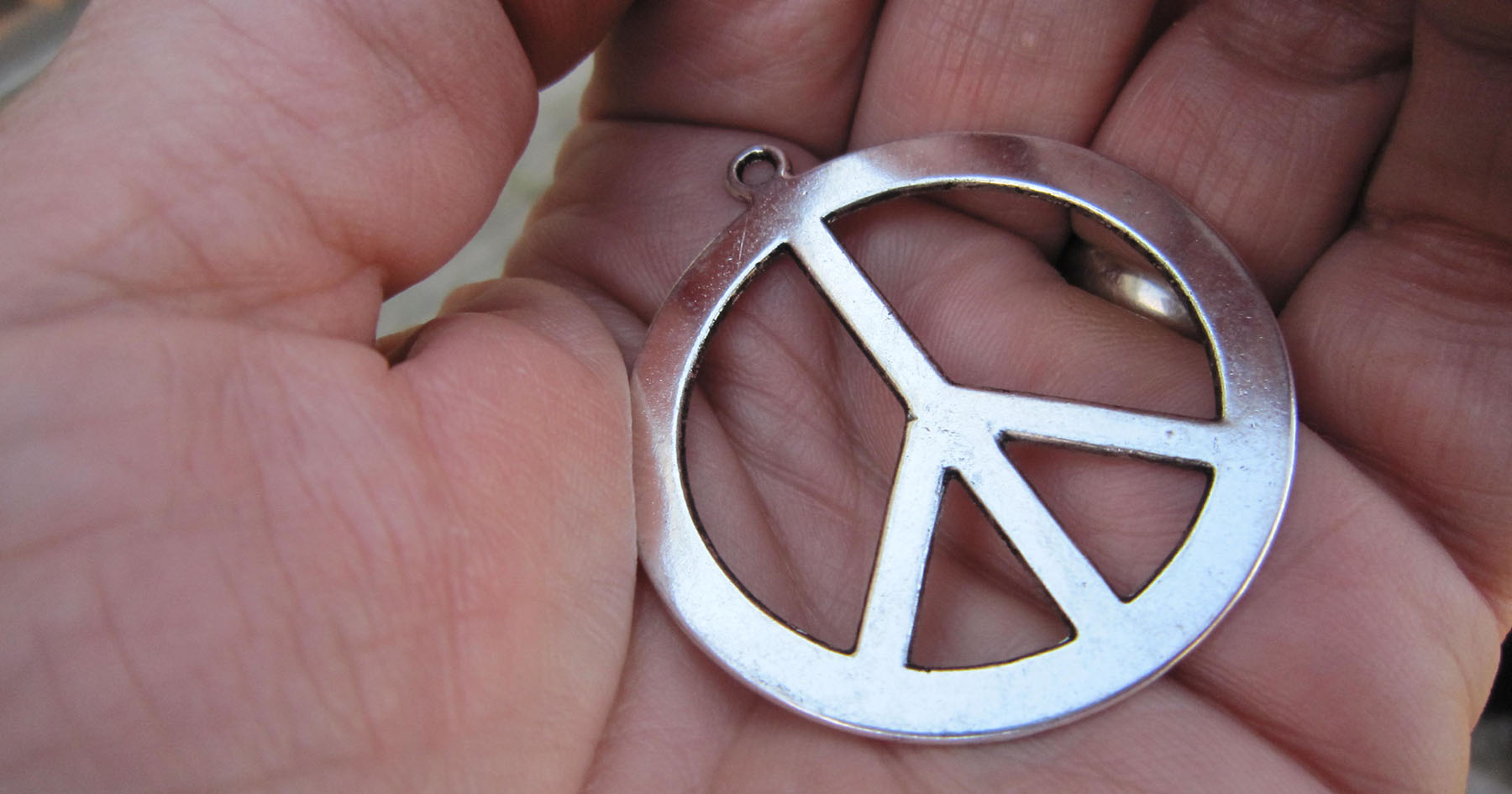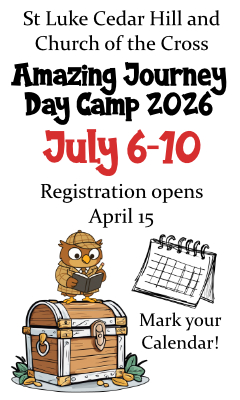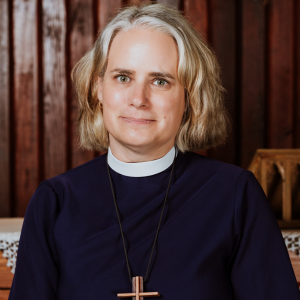“…the burden belongs to the nation, and the hands of none of us are clean if we bend not our energies to righting these great wrongs.”
(W.E.B. Du Bois, The Souls of Black Folk, 1903)
In 1903, W.E.B. Du Bois published The Souls of Black Folk in which he wrote about the struggles in the U.S. after the abolition of slavery. He wrote about how it in fact did not bring an end to racism and oppression. Du Bois chronicled how housing for freed slaves often had families of 10 occupying one or two rooms, how they were not offered the same educational opportunities as Whites, and how law enforcement and courts very quickly became a system to oppress and imprison Blacks while favouring Whites.
Du Bois detailed how the Freedmen’s Bureau, the government body established after emancipation, discouraged self-reliance among Blacks, and how there was a movement to “shift the burden of the Negro problem to the Negro’s shoulders and stand aside as critical and rather pessimistic spectators; when in fact the burden belongs to the nation, and the hands of none of us are clean if we bend not our energies to righting these great wrongs.”
Reading Du Bois’s work, I could not help but think of the parallels with our own situation here in Canada. Residential schools, the Indian Act, the pass system, the banning of ceremony and potlach, restrictions on intermarriage, forced sterilizations and so much more cannot quickly or easily be erased or overcome.
As well, I was stung by Du Bois’s critique of how Christians “knowing that they cannot discriminate on the basis of race alone,” instead suggest that the real issue is “ignorance, shiftlessness, poverty and crime without recognising our complicity in creating the same.”
Every few weeks, I read in the papers about how Indigenous nations have declared states of emergency. This February, the Ehattesaht First Nation, one of the 14 Nuu-chah-nulth nations here in this diocese, did just that. Chief Simon John explained that a quarter of their population are under housed or are homeless, and that their youth are dying from drug addiction. As such, the community is “exhausted and treading water.” Furthermore, the Nation gets calls or letters related to land-use issues and other government priorities, but it “can’t seem to get the attention of the social service ministries.”
As Anglicans, we are called to strive for justice and peace, and to respect the dignity of every human being. We are also called to transform the unjust structures of society. We cannot turn a blind eye to the injustices in our diocese, and we cannot turn away from the suffering and death of so many children of God.
As we continue our journey through the season of Easter, may we not be satisfied with cheap grace. As the theologian Peter Rollins writes in his book Insurrection, in reflecting upon Christ’s crucifixion and resurrection, we cannot claim to believe in God except insofar as love emanates from us. According to Rollins, the question for a truly resurrected faith is — “is your entire being caught up in a commitment to embracing the world?”
Let us, this Easter season, embrace the world, both in its brokenness and in its beauty.




